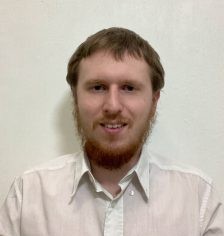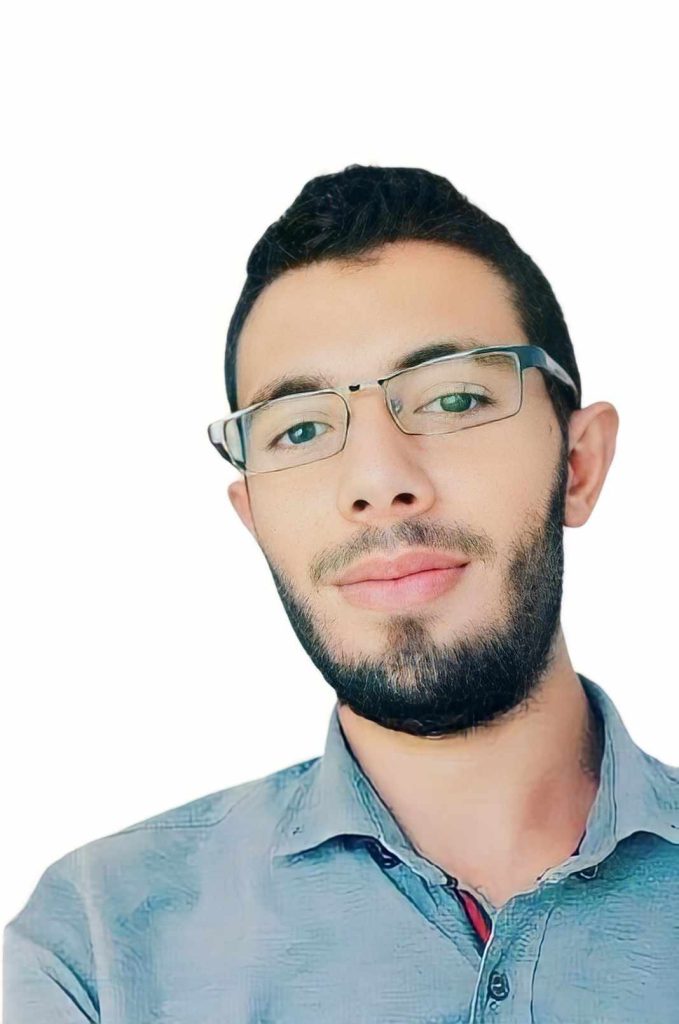At the next ROC seminar, we will host a talk by Fehmi Ben Abdesslem senior researcher from RISE in Sweden. His talk will be followed by three presentations from Cnam PhD students and postdocs.
When: January 23, 2025 at 2 pm.
Where: room 33.1.27C, 2 rue Conté, CNAM, Paris, France.
Speaker Fehmi Ben Abdesslem

Title: Battery-Free IoT
Abstract: The growing demand for Internet of Things (IoT) devices has sparked significant interest in sustainable and energy-efficient solutions, particularly in the area of power management. This talk explores the emerging field of battery-free IoT, focusing on how devices can harvest ambient energy from sources like solar, RF signals, and vibration to operate without batteries. We will discuss the underlying technologies that enable these energy-harvesting systems, their advantages over traditional battery-powered IoT, and the challenges in reliability, scalability, and energy storage. Real-world applications in smart cities, healthcare, and environmental monitoring will be highlighted, showcasing how battery-free IoT can revolutionise the future of ubiquitous computing.
Bio: Dr. Fehmi Ben Abdesslem received his PhD from Sorbonne University in Paris in 2008. He worked as a researcher at the University of St Andrews and the University of Cambridge before joining RISE (Research Institutes of Sweden) in 2013, where he currently serves as a Senior Researcher. His work focuses on mobile networking, energy-efficient communication, IoT security, and applied AI for sustainable technology. Dr. Ben Abdesslem’s research includes advancing sustainable IoT and AI, with applications in smart cities, healthcare, and environmental monitoring.
Speaker: Bastien Buil

Title: Accountability for multi-tenant microcontrollers in the Cloud-to-IoT Continuum
Abstract: Applications from several mutually distrusting stakeholders can be simultaneously executed on a single resource-constrained microcontroller through lightweight software containerization. These multi-tenant microcontrollers, while enabling a new service architecture, raise issues in terms of accountability as the current model for single-tenant microcontrollers is not valid anymore, and existing service-level verification mechanisms are made for Cloud and are too resource-consuming. This presentation presents the architecture of multi-tenant microcontrollers in the Cloud-to-IoT Continuum with its main roles and commitments, then introduces the challenge of accountability in this architecture and the existing solution.
Bio: Bastien Buil is a second year Ph.D. student in computer science at CNAM and Orange Innovation Caen under the supervision of Samia Bouzefrane and Chrystel Gaber. He studied computer science and software engineering at the ENSICAEN engineering school, with a specialization in e-payment and cybersecurity. Additionally, he pursued a dual degree in IT security at the university of Caen.
Speaker: Abdelhak Hidouri

Title: Improving the Security of Named Data Networks
Abstract: Basic Named Data Networks (NDN) security mechanisms, rely on two main key features. The first one is the caching mechanism where it manages to minimize both the bandwidth usage and the data retrieval delay all along with congestion avoidance by storing, in the intermediate routers, the contents recently demanded to quickly serve future consumers’ requests. The second key feature is the NDN security which stands on its foundation by signing each Data as soon as it released by the Producer and gets verified by each requesting consumer so that it makes it resilient to most attacks that affect the integrity of such content and the privacy of its end points. However, the availability of the Data in the cache of the CS allows the malicious consumers to perform several attacks such as Cache Pollution Attack (CPA) which has a high negative on the overall NDN architecture. In this presentation, I introduce the impact of CPA attack and several of our solutions to detect and mitigate this attack.
Bio: Abdelhak Hidouri has completed his Bachelor of Technology (Computer Science) from the Faculty of Sciences of Gabes – Tunisia. He obtained his M.S. degree in computer science and networking from the Faculty of Sciences of Gabes – Tunisia. He is pursuing his Ph.D. degree in Computer Science at the National School for Computer Science (ENSI) – Tunisia and the National Conservatory of Arts and Crafts (CNAM) Paris – France. Abdelhak Hidouri also a member in the IResCoMath Lab, Gabes – Tunisia and Cédric Laboratory, Paris – France. His areas of expertise are Named Data Networking (NDN), networking and security, information security, future Internet technologies, C-V2X, and AI.
